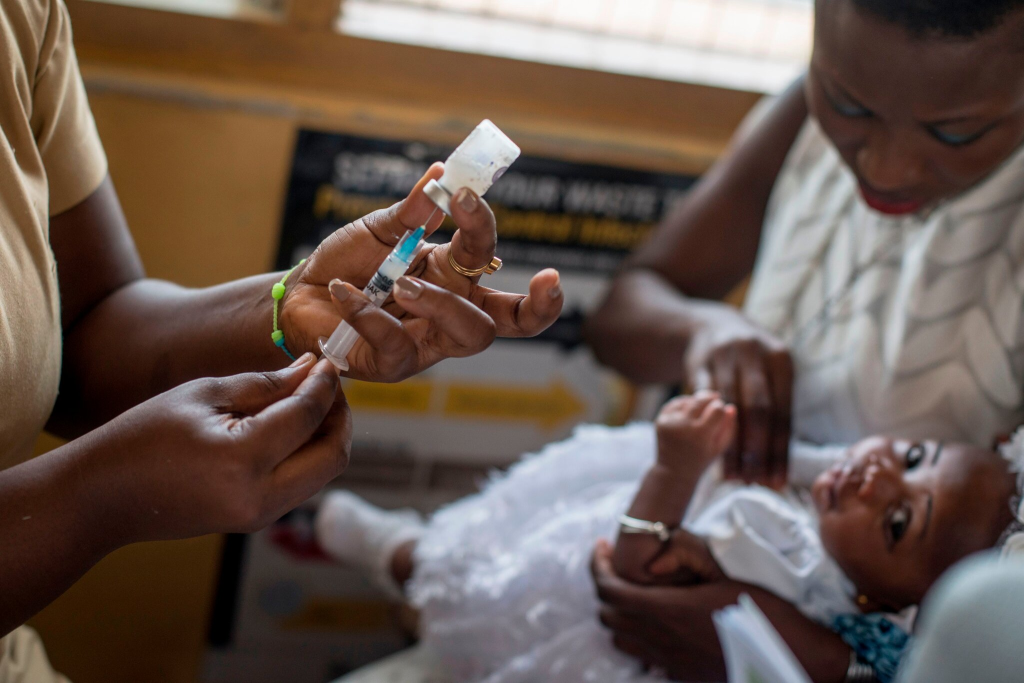The Nigerian government will begin its first malaria vaccination campaign for children today, December 2, 2024, in Kebbi and Bayelsa states.
This marks a historic milestone in the country’s fight against malaria, a disease that remains one of the leading causes of death among children under five in Nigeria.
The National Primary Healthcare Development Agency (NPHCDA) announced that the campaign will utilise 864,200 doses of the R21/Matrix-M malaria vaccine, received in October through Gavi, the Vaccine Alliance, with support from United Nations Children’s Fund (UNICEF) and the World Health Organisation (WHO).
The vaccine, developed by scientists at Oxford University, is manufactured by the Serum Institute of India and Novavax. It boasts a high efficacy rate of 77%, offering significant hope for reducing malaria’s devastating toll.
Dr Muyi Aina, Executive Director of NPHCDA, explained that the vaccine will be administered as part of routine immunisation, targeting children aged 5 to 15 months.
Each child will receive four doses at 5, 6, 7, and 15 months to ensure full protection.
“The introduction will be expanded to other states and integrated into our national routine immunisation schedule, as we receive additional doses,” Aina said.

Kebbi and Bayelsa were chosen as pilot states due to their high malaria prevalence. Kebbi has the highest rate in the country at 52%, while Bayelsa’s target population of 69,935 aligns with the available vaccine supply.
The phased rollout will expand to 19 states and the Federal Capital Territory (FCT) in 2025, followed by the remaining 15 states later that year. An additional 153,800 doses are expected to complement the initial supply, ensuring coverage for one million children.
Malaria remains a severe public health challenge in Nigeria, with WHO estimates showing 68 million cases and nearly 200,000 malaria-related deaths in 2022.
The disease accounts for 27% of the global malaria burden and 36% of under-five deaths in Nigeria.
Dr Walter Mulombo, WHO Representative in Nigeria, expressed optimism about the vaccine’s potential.
“We are confident that this vaccine, in combination with other preventive measures, will drastically reduce the burden of malaria in Nigeria and help us move closer to achieving the goal of a malaria-free Africa,” he said.


